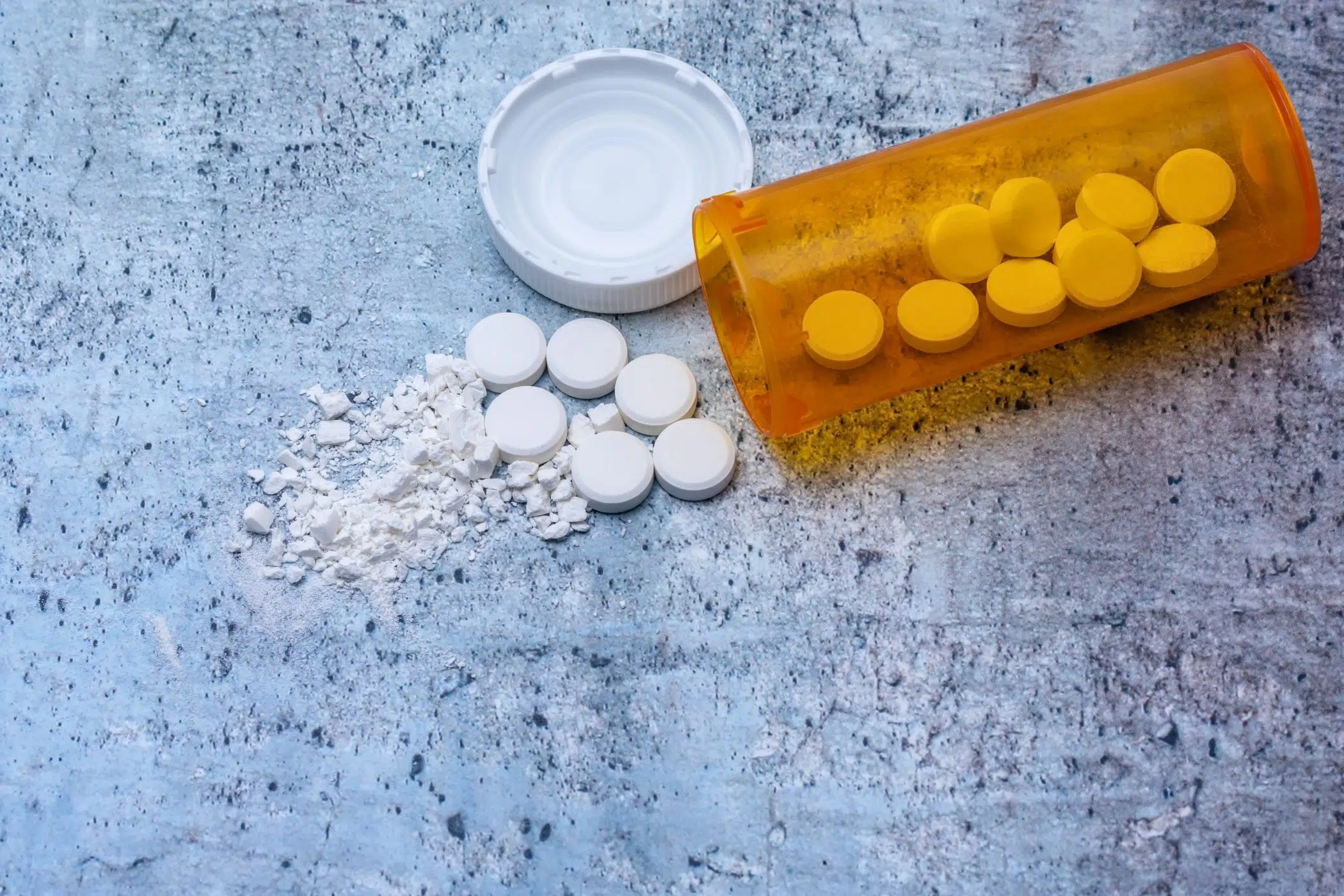 Addiction is an all-too-common struggle plaguing individuals from all regions, ethnicities, income levels and professional industries. The word “addiction” doesn’t just refer to the worst-case scenario of an awful overdose or drunk driving accident. It finds its footing in the cracks of our lives, setting up shop in the smallest crevices of anxiety, stress or depression.
Addiction is an all-too-common struggle plaguing individuals from all regions, ethnicities, income levels and professional industries. The word “addiction” doesn’t just refer to the worst-case scenario of an awful overdose or drunk driving accident. It finds its footing in the cracks of our lives, setting up shop in the smallest crevices of anxiety, stress or depression.
Often times those who suffer from addiction disorders are dealt a hand full of genes passing along addictive personality traits. These individuals can have the hardest time facing the adversity of addiction, making up a large portion of the nearly 21 million adults suffering from substance abuse in the United States.
The Impact of Addiction
The staggering numbers involved with addiction show that it’s a societal problem that need to be faced head on and as a unified group. Whether the problem substance is drugs or alcohol, the impact goes beyond the individual. Families and loved ones are often impacted far more than the concerned party knows, only truly being seen through sober eyes during rehabilitation. One of the biggest impacts can last a lifetime. Children of addicts see this behavior and while they may not associate it with a positive emotion, children tend to emulate their parents as they’re the only source of information and safety for much of the child’s developing life. Over 10% of children aged 17 and younger live with a parent suffering from alcohol addiction alone. This number doesn’t include drug abuse, which can be more difficult for children to know about or understand due to the more isolated nature of users.
Where These Numbers Lead
Thankfully the number of underage drinkers has been declining since 2002, up to 62% for some age groups. This casts a hopeful light on the issue of rampant alcohol use amongst young adults, as children that abstain from alcohol at a younger age can often enjoy the substance in a responsible manner later on in life. On the drug addiction side of the data, it isn’t as pleasant but still hopeful. Annual drug-involved overdose deaths over the last 20 years have increased from under 20,000 cases to over 70,000. This data does take into account both unintentional and intentional drug poisoning, causing more concern over the relation between societal pressures paired with access to stronger and more dangerous drugs.
Steps You Can Take To Reduce These Numbers
Whether you suffer from addiction or are simply an ally for clean living, there are many ways you can help to improve the level of addiction facing our world. One of the most straight-forward ways to help is to volunteer your help to local recovery groups. This can include hosting meetings, working at rehabilitation centers or even becoming a facilitator to your friends and family.
Always Seek Professional Help
Helping those around you with addiction is an amazing support system that can help keep possible addicts from crossing over the line into a full substance abuse disorder. Once addiction does set in though, it’s best to turn to medical professionals to address the concern in the best way possible. The locations run by America’s Rehab Campuses are staffed with compassionate doctors and mental health professionals prepared to tackle any level of addiction that best fits each client. Do you have concerns personally or for someone you know? Don’t hesitate to visit us online and find the help everyone deserves.

